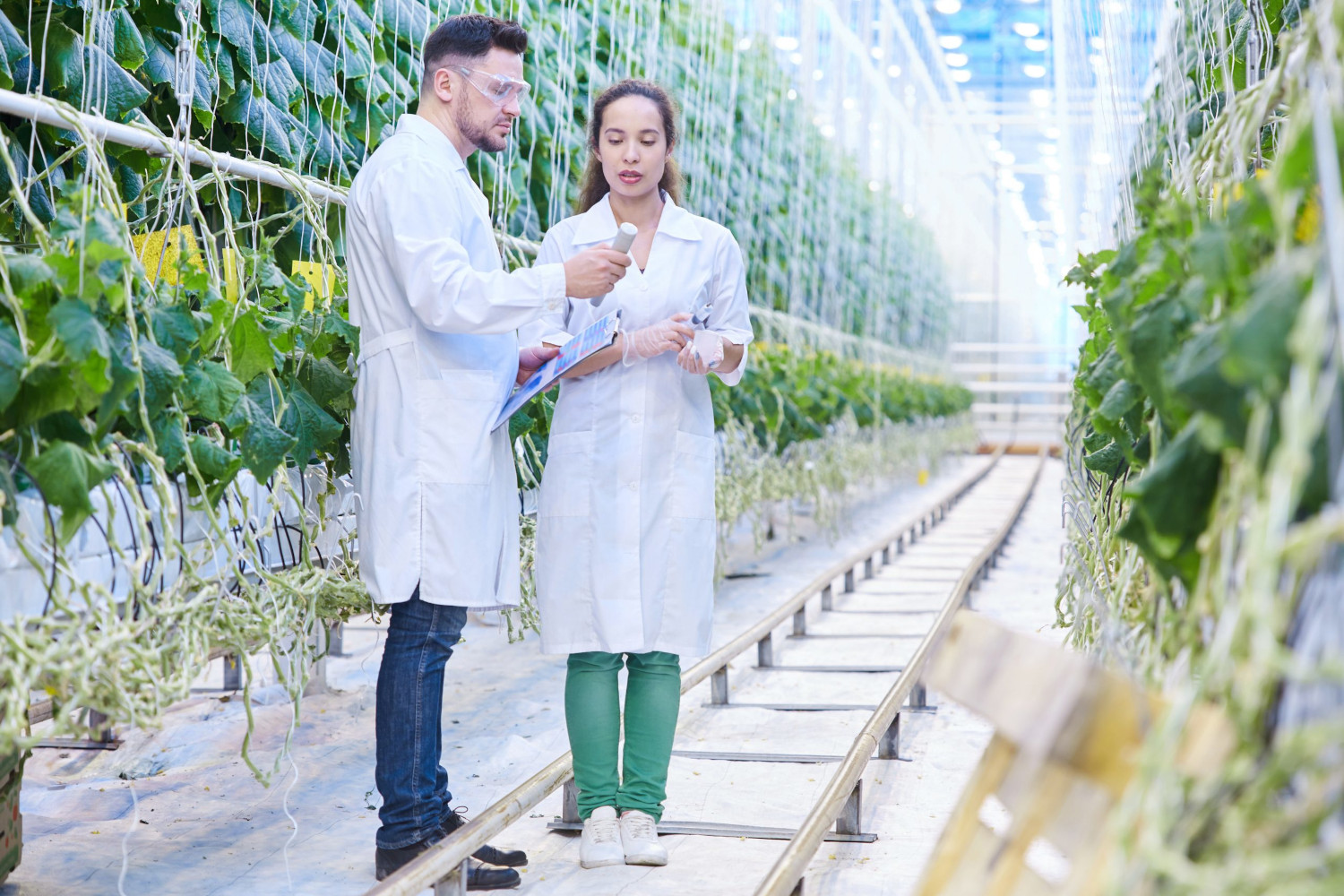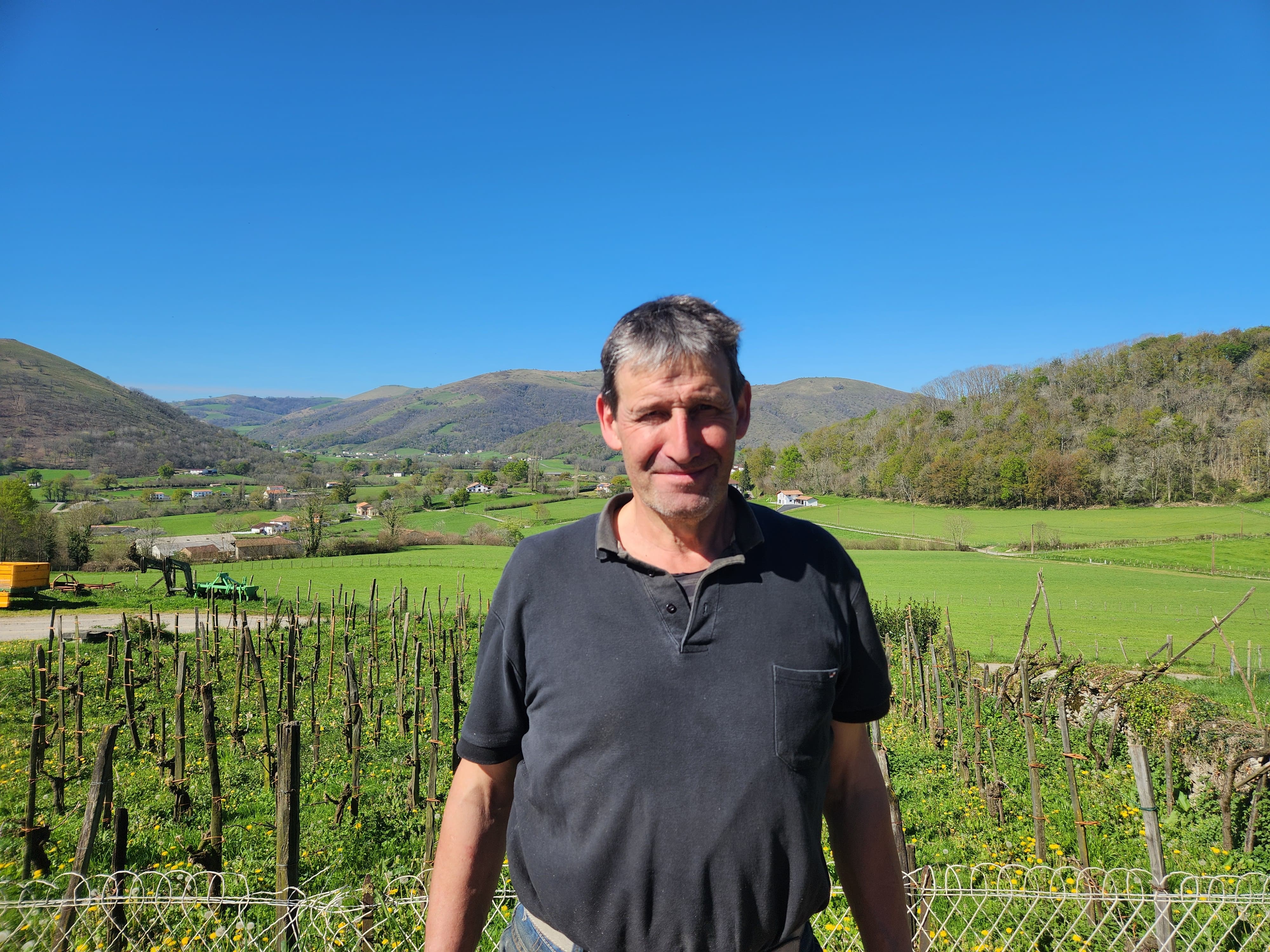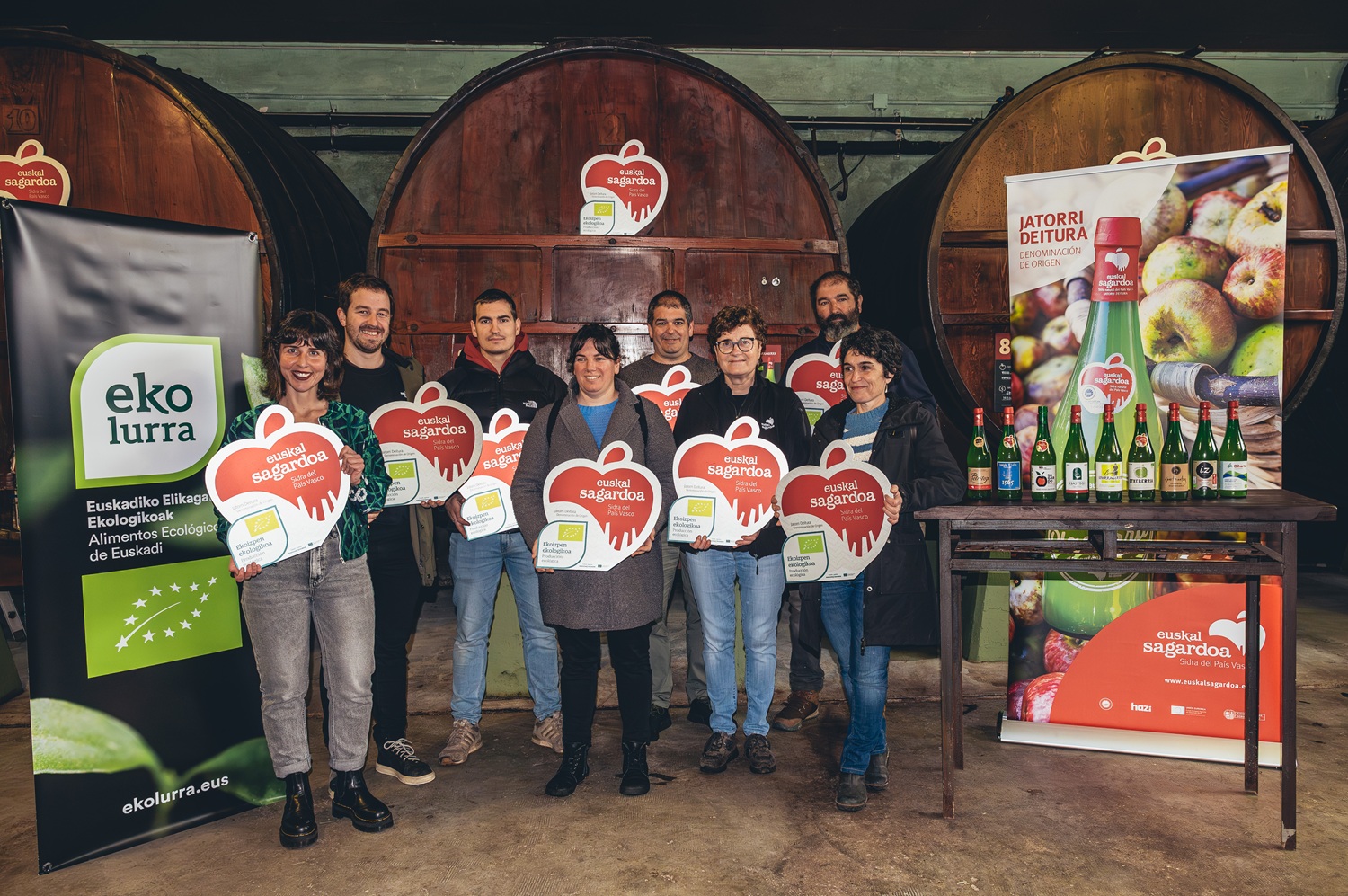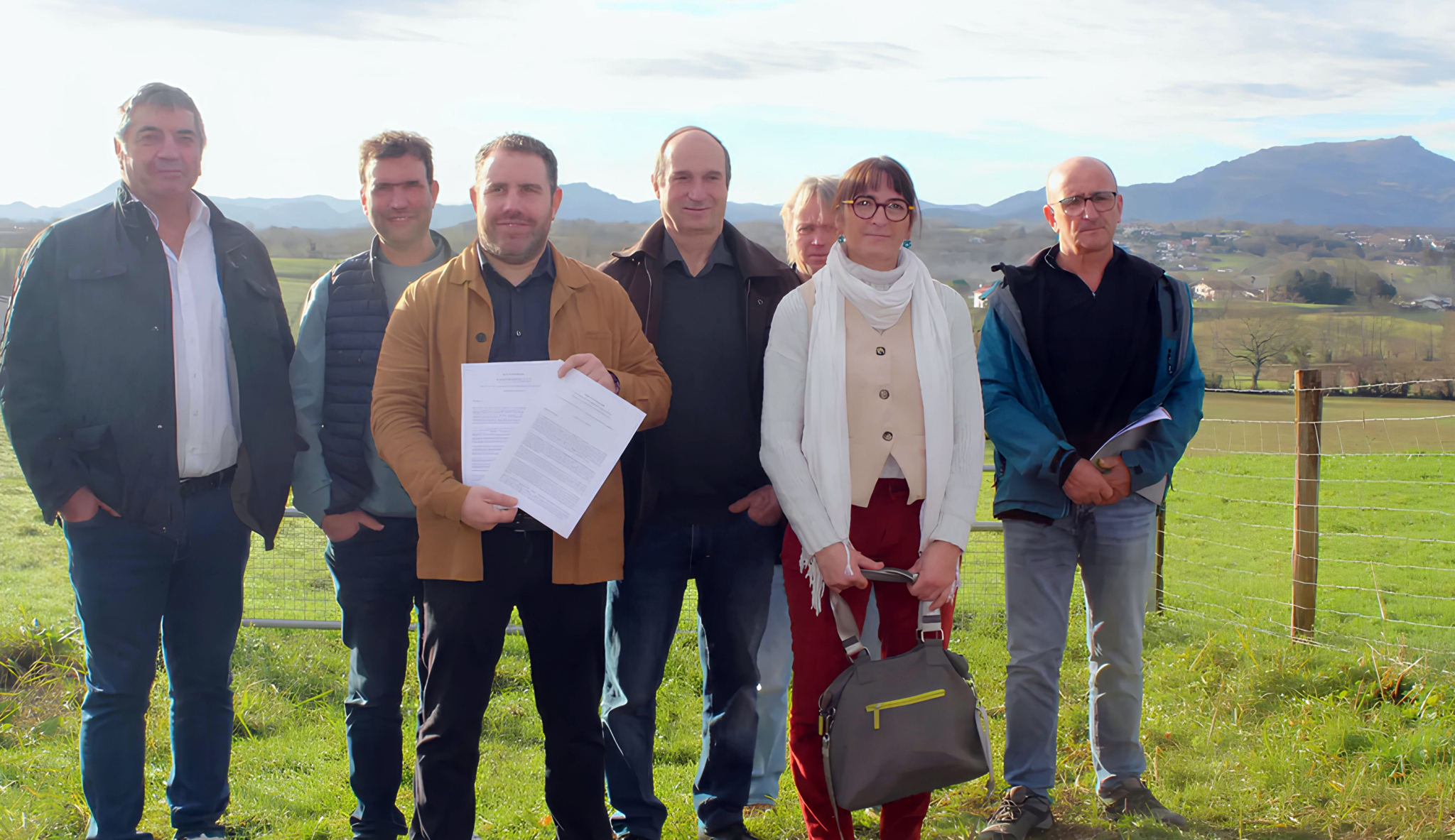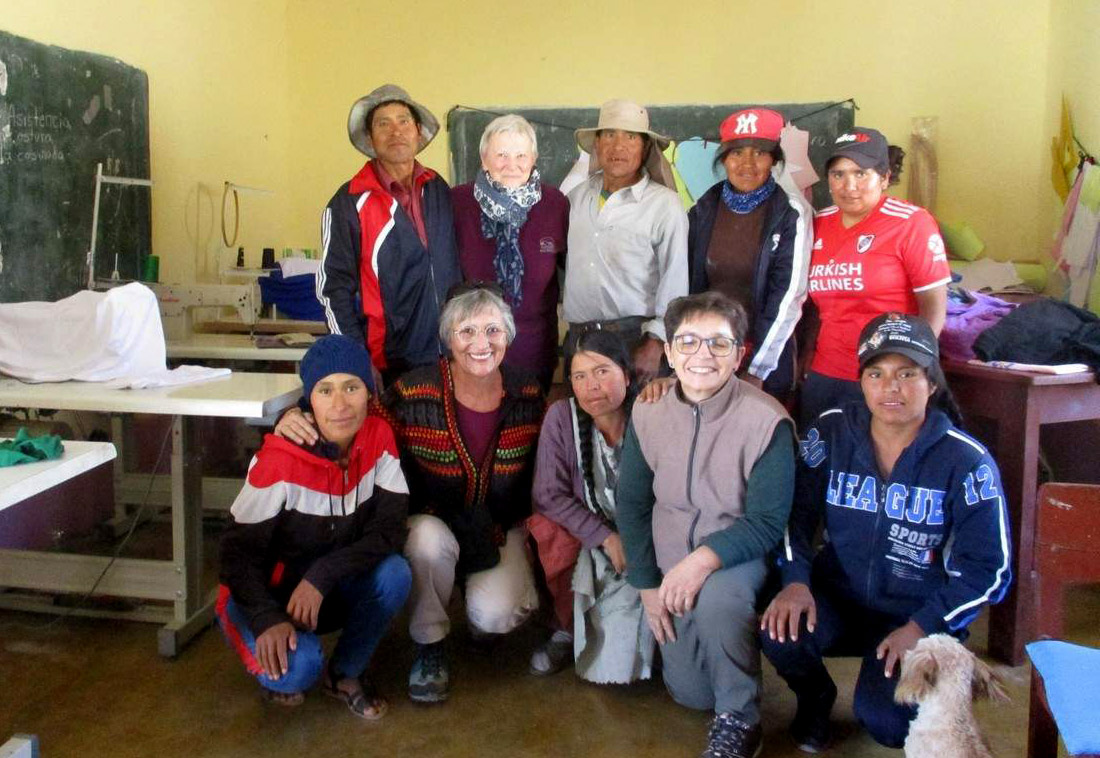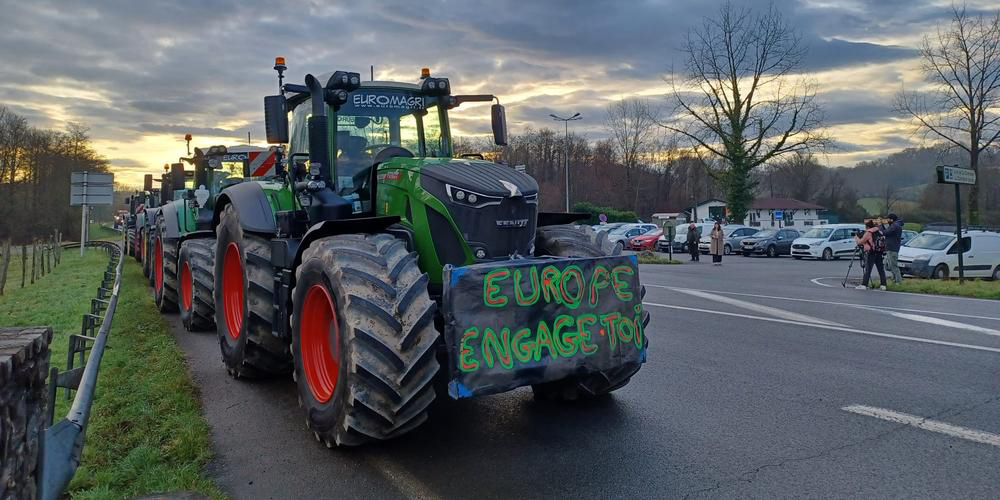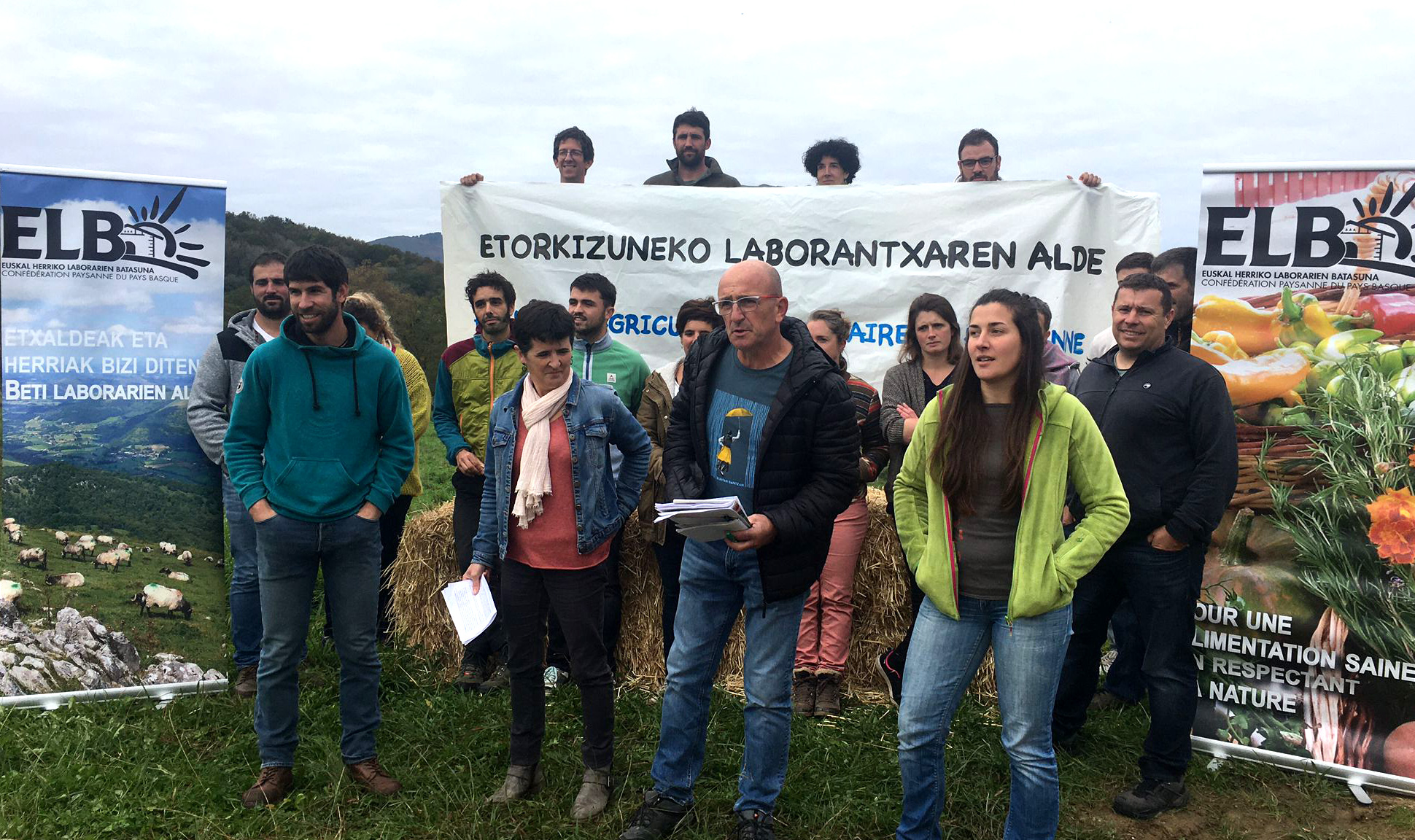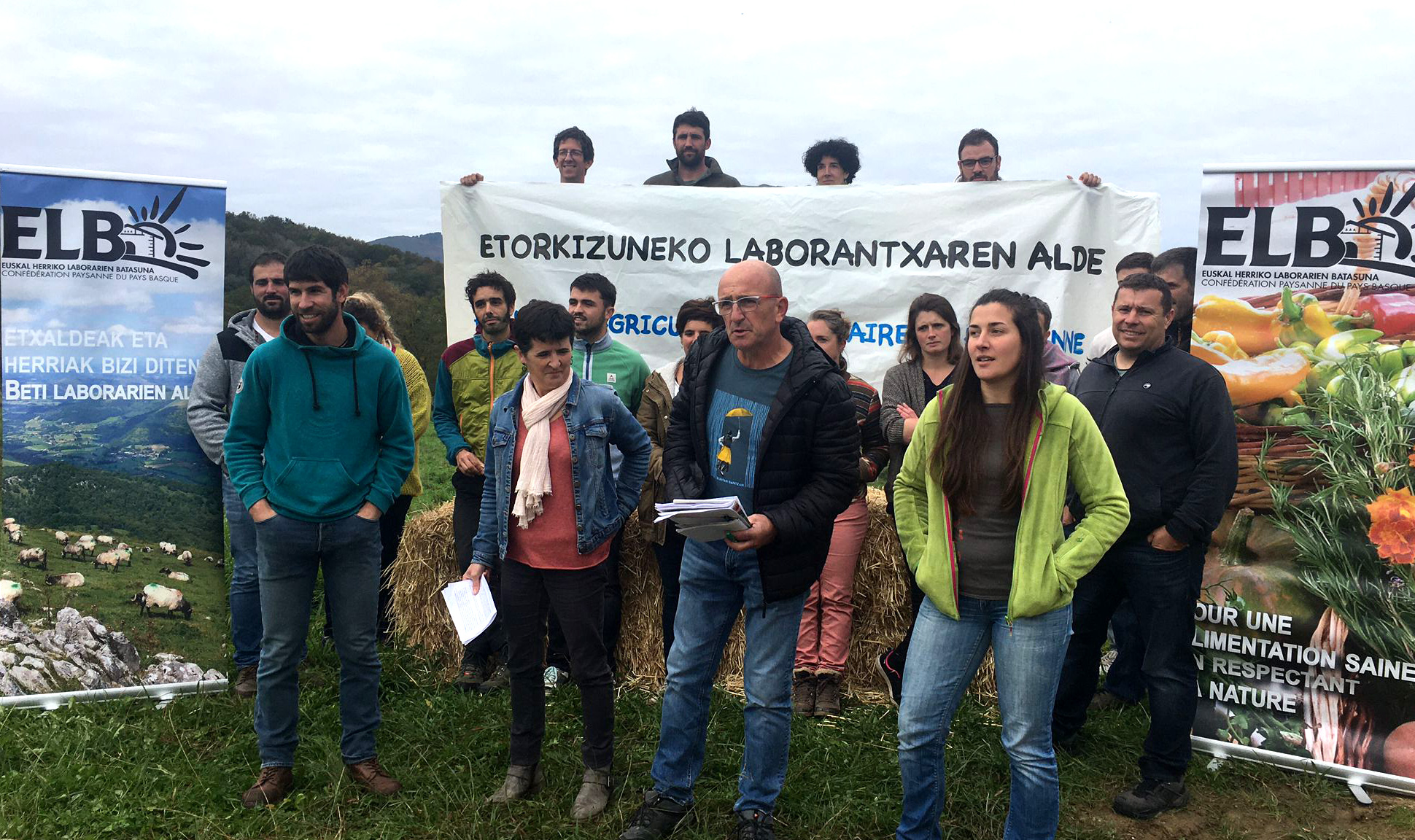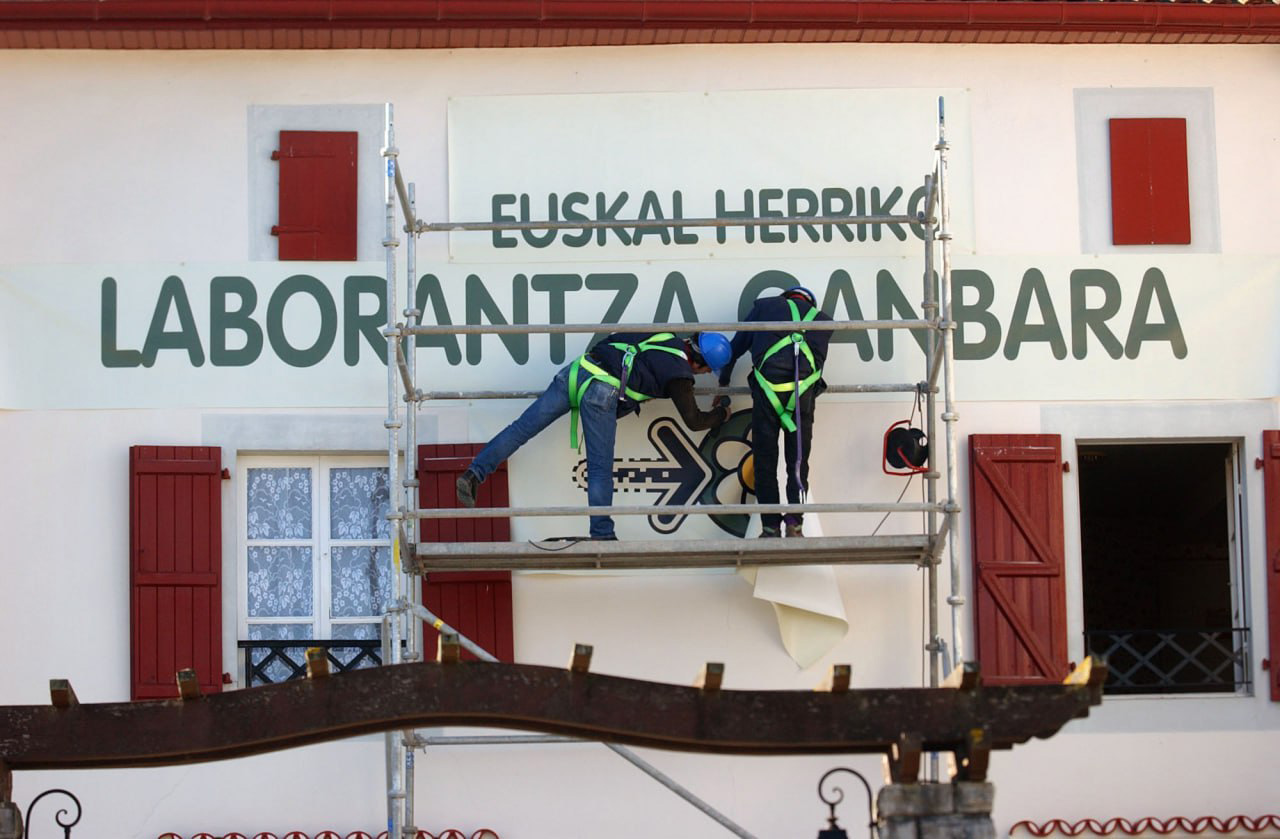More and more on the right in Europe, more and more behind in the ecological transition
- There have been no great surprises in the European elections, while the extreme right has risen, the Greens have met one of the worst results so far. In this sense, we will increasingly notice the apocalyptic impact that lobbies will have on decisions related to the eco-social transition than scientific evidence.

The first sector that has no interest in day-to-day life has been designated in all political debates on the arrival of the European elections. They distrust, with very little legitimacy, those who, during the election campaign, dare to talk exclusively about agriculture. In these contexts, Km0 reasoning easily prevails, and if it is homemade everything is valid: ecological damage, working conditions imposed on workers, dependence on fossil energies, etc. In addition, votes are more easily won in the shadow of fear, "we are being taken away from the supports of the Common Agricultural Policy (CAP)", or "we are going to be given increasingly stringent measures". The right has always had an complicit speech of fear.
And there are the results of the European elections: although it seems that things are not going to change too much, one in five MEPs is going to be far-right. The groups that make up the European People’s Party have increased their advantage over the Social Democrats, but it appears that they will remain in the coalition between the two to achieve an absolute majority with the support of the Renew Europe group. The picture of the previous legislature is therefore repeated, although on this occasion the Greens lose representation and are being brought forward by the European Conservatives and Reformists Group (ECR), a far-right group, which is the fourth force.
The Greens who understand the ecological transition in its most crude sense have had some of their worst results and face a negationist and regressive trend, as the rise of the right and the extreme right will make it possible to question environmental policies. It is not a hypothetical suggestion, some EU projects, such as the Sustainable Food Systems Framework, which sought to promote more sustainable strategies or diets from Caserío to the Bureau, have been clearly weakened by lobbying manoeuvres carried out by different trade unions and businesses. The European People's Party has easily grasped the arguments of the lobbies to oppose the concrete policies that have an impact on the ecological transition.
We can say that lobbies applied an effective strategy in the early days of the year, the torches and the roadblocks have influenced the election results and, from now on, the representation of the right and the extreme right in the European Parliament will make it very easy for them to take their interests to the end. In the meantime, subsidies under the common agricultural policy will continue to be distributed according to the size of the farm and more intensive and competitive agriculture will be encouraged. Next Generation funds will also continue to provide false and sterile solutions: instead of financing model changes to advance the ecological transition, corporations located in industrial cultivation will be funded.
Therefore, we will not be surprised by the agricultural policies that will be promoted from Europe, it will not be precisely the path of ecological transition, whatever the terms they will use. Support for both political and social alliances to strengthen local agro-ecological alternatives will therefore be more necessary than ever.
Euskal Herriko Laborantza Ganberak hogei urte bete ditu. 2005ean sorturik, bataila anitzetatik pasa da Ainiza-Monjoloseko erakundea. Epaiketak, sustengu kanpainak edota Lurramaren sortzea, gorabehera ainitz izan ditu hogei urtez.
Txotx denboraldian eredu ekologikoan ekoiztutako Euskal Sagardoaren eskaintza izango da hainbat sagardotegitan, eta hura bistaratzeko, Jatorri Deiturak eta ENEEK-Ekolurrak kupeletan paratzeko euskarria aurkeztu dute.
Lurraren alde borrokan dabilen orok begi onez hartu du Frantziako Legebiltzarrak laborantza lurren babesteko lege-proposamenaren alde bozkatu izana. Peio Dufau diputatu abertzaleak aurkezturiko testua da, eta politikoa eta sentimentala juntaturik, hemizikloan Arbonako okupazioa,... [+]
203 diputatu alde eta hiru aurka agertu dira martxoaren 11 gauean egin bozketan. Higiezinen agentziak haserre agertu dira, eta bi salaketa aurkeztu ditu FAIN Frantziako Higiezinen Federazio Nazionalak Europako Batzordean. Bata, lege-proposamenari esker botere gehiago jasoko... [+]
Laborantzaren Orientazio Legea pasa den astean ofizialki onartu du Frantziako Parlamentuak. Ostegunean Senatutik pasa da azken aldikoz. Iazko laborarien mobilizazioen ondotik, aldarrikapenei erantzuteko xedea du lege horrek. Aldiz, ingurumenaren aldeko elkarteek azkarki salatzen... [+]
Zubiak eraiki Xiberoa eta Boliviaren artean. Badu jadanik 16 urte Boliviaren aldeko elkartea sortu zela Xiberoan. Azken urteetan, La Paz hiriko El Alto auzoko eskola bat, emazteen etxe baten sortzea, dendarien dinamikak edota tokiko irrati bat sustengatu dituzte.
Datorren astean Departamenduko Laborantza Ganbarako hauteskundeak ospatuko dira Ipar Euskal Herrian. Frantzia mailako FDSEA eta CR sindikatuez gain, ELB Euskal Herriko Laborarien Batasuna aurkezten da, "euskal laborarien defentsa" bermatzeko.
Euskal Herriko Laborantza Ganbera elkartearen hogei urteak ospatu zituzten asteburuan Ainhize-Monjolosen. 2005eko urtarrilaren 15 hartan sortu zuten Lapurdi, Baxenabarre eta Zuberoako laborantzaren garapena –hori bai, iraunkorra eta herrikoia izan nahi duena–... [+]








